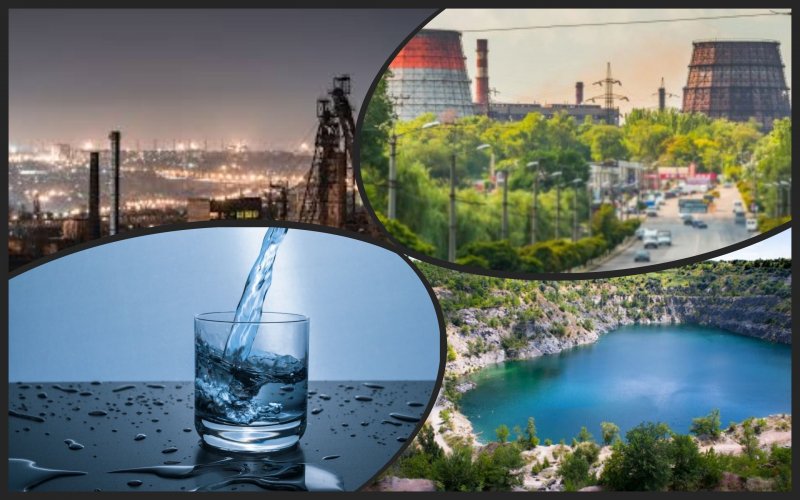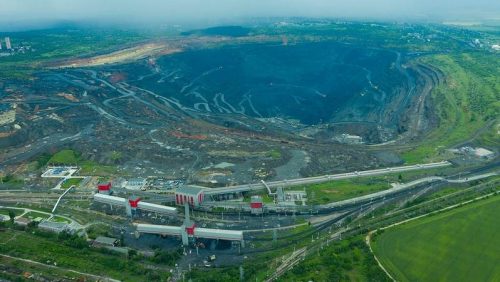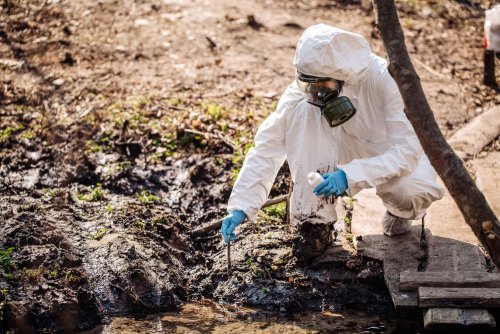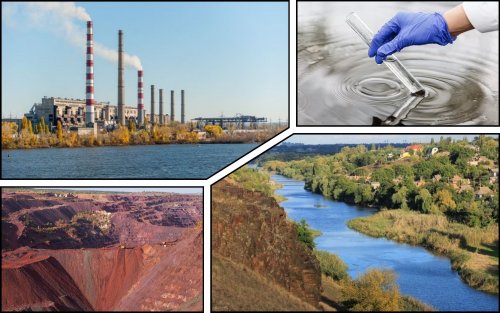In Kryvyi Rih, eco-activists discovered that only 3 out of 12 alternative sources of water in the city are conditionally suitable for sanitary and domestic needs.
Water from the reservoirs and springs of the city cannot be used without prior filtration, conditioning with a carbon filter and disinfection, according to the research of the public organization "Enough to poison Kryvyi Rih".
Eco-activists emphasized that in the realities of war, alternative water supply is critical for communities, and especially for areas with a high level of urbanization. After all, critical infrastructure objects often become the target of directed attacks by enemy troops.
They said that 12 sources were chosen to study the water quality of Kryvyi Rih, namely:
- Titansky Pond (Ternivsky District);
- Romanivsky pond (Ternivskyi district);
- KRES reservoir on the Saksagan river (Pokrovsky district);
- source in Yunist microdistrict (Saksaganskyi district);
- a pond in Sotsmist (Metallurgical District);
- a well in the Dovhyntseve microdistrict (Dovhyntseve district);
- flooded granite quarry (Karachuny);
- Karachuniv reservoir (Kryvorizka district);
- well PD-3 (Kryvorizky district);
- well 10 at the Kolomoytsev industrial complex (Kryvorizky district);
- well 11 at the Kolomoytsev industrial complex (Kryvorizky district);
- a pond on the beach in the Damansky microdistrict (Ternivskyi district).
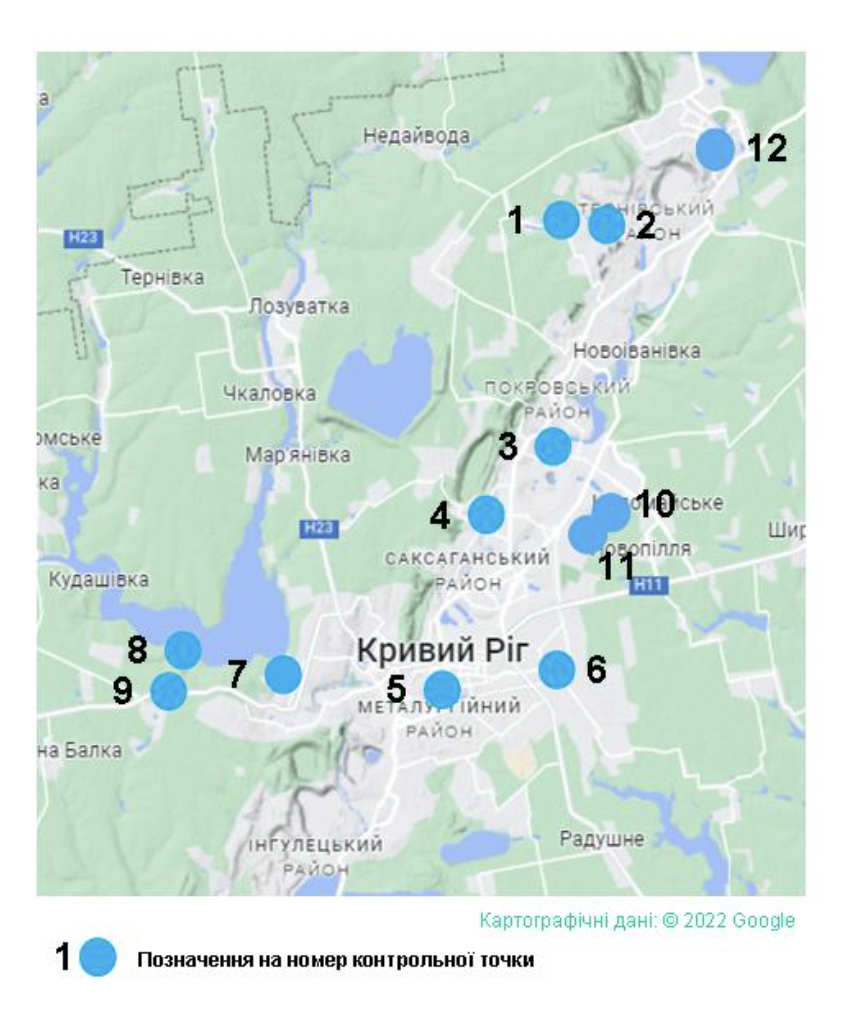
The authors said that during the study of water quality, they combined conservative environmental control approaches (spot sampling in the zone of potential impact) and public Citizen Science tools for qualitative and quantitative water analysis.
The study showed that only 3 sources are suitable for non-centralized water supply:
- Titan pond;
- the southwestern part of the Karachuniv Reservoir
"In emergency conditions, water from these three sources needs a general scheme of preparation: intake – filtering – carbon conditioning – disinfection – use without long-term accumulation", eco-activists emphasized.
- water from the pond on the beach at the Northern Mining and the wells of the Kolomoytsev district is conditionally suitable with the caveat of significant salinity and the content of hardness salts.
The authors emphasized that the others selected for the study of the source have the "Medium" category of quality, and the private well at Mr. Dovhyntseve is "Poor".
They said that the common "problem" of the sources selected for the study is an elevated or high content of dissolved salts (parameter TDS) and cations of water hardness (parameters KH, GH). Water from these sources requires additional softening and the use of filters with ion-exchange resins or cation-active zeolites.
Eco-activists noted that in the absence of water supply alternatives, the "KRES Reservoir" springs, a flooded granite quarry and wells near the Karachuniv Reservoir can provide the sanitary and technical needs of the local community. Water from the "KRES Reservoir" source is not suitable for drinking purposes due to the very high content of dissolved salts.
The authors said that the peculiarity of the water in the wells of the Kolomoytsev district is a very high content of dissolved salts and calcium and magnesium ions (water hardness), other parameters of the water correspond to the category of good quality. In extreme conditions, this water is suitable for consumption (provided that the general cleaning and disinfection scheme is followed). However, long-term consumption of such water (as well as other similar waters with a significant salt content) is undesirable.
"This water does not meet the criteria of physiological quality of water, and its long-term consumption without purification (softening, desalination) increases the risks of diseases of the genitourinary and cardiovascular systems, hematopoietic organs," they emphasized.
The study also showed that the water of the springs "Romanivsky Stavk", the pond in Sotsmist, and the stream of the Yunist microdistrict has signs of contamination with nitrates and nitrites. In emergency conditions, these sources can be considered for the supply of technical and, in some cases, sanitary water. Purification of such water requires special methods and tools that are not available to the general public in the emergency conditions of war.
In addition, the water of the studied well of the Dovhyntseve mineral water well has a high level of mineralization, significant contamination with nitrogen and phosphorus compounds, and is unsuitable for drinking.
Earlier, EcoPolitic conducted research on the quality of drinking water in pumping stations, rivers and lakes in Kyiv and the region.

